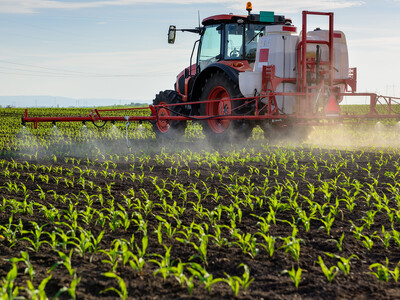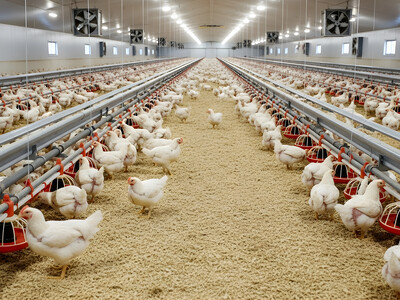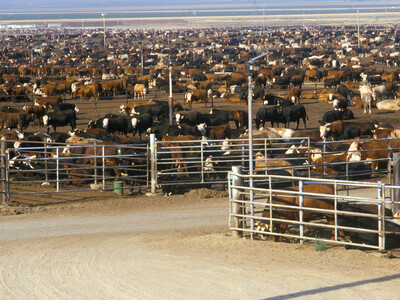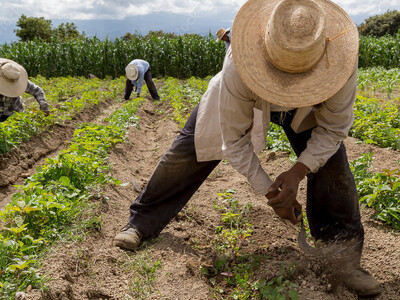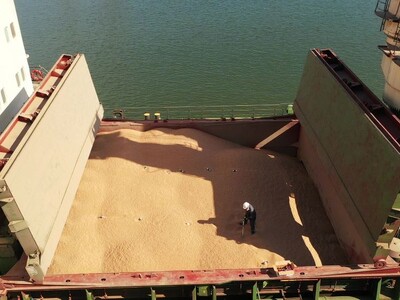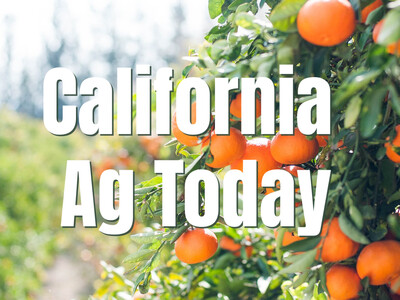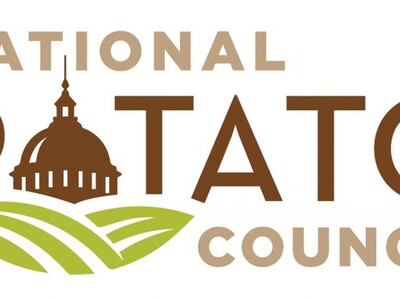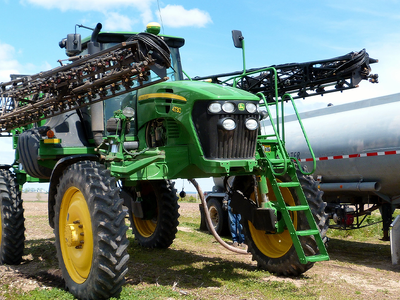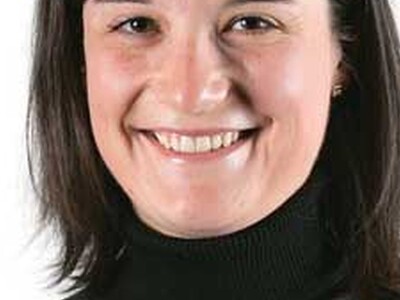Reducing the Footprint
Reducing the Footprint. I’m Greg Martin as Line On Agriculture presents the Harvest Clean Energy Report.
The carbon footprint. Do you have one and if so what are you doing about it? Most residences have very small carbon footprints especially if you recycle and practice energy savings but what about larger businesses and farming operations. Jeff Falen with Persephone Farms in
FALEN: In the last 5 years we have installed 12 kw of photovoltaic panels that are generating electricity from the sun and currently we’re in the process of installing an additional 5kw so in a few months we’ll have 17kw of solar power. And that will be almost enough to meet all of our electrical needs. It’ll probably put us up to about 90% of our annual electrical needs.
Falen says that their decisions have a broader ramification besides reducing their power bills.
FALEN: We’ve gotten into the solar electricity because we’re really interested in trying to reduce our impact on future generations. We don’t want our lifestyle and way of farming to be seriously impacting the ability of future generations to make a living and so that’s why we’ve gone that route.
Some outside of the box thinking has also been beneficial to reducing their footprint.
FALEN: We’ve converted one of our small tractors to an electric tractor so when we recharge that tractor we plug it in to any outlet on the farm and it’s getting charged from the solar panels. Those are the two main things we have done and we have a lot of plans down the road to try and reduce our carbon footprint.
A lot of producers are keeping their eye on climate change legislation.
FALEN: It would make green power whether it’s from solar or wind or micro-hydro or other sources much more valuable because the climate bill or the energy bill is going to require that a certain percentage of electricity come from renewable sources and so I think that’s going to increase the demand for power from photovoltaic panels as well as other renewable sources which would I hope give the people who are producing electricity from renewable sources a better return. Make that power more valuable, so the people who are investing in it now might get a little bit of a payoff in the future.
For additional information on clean energy, visit harvestcleanenergy.org. That’s today’s Line On Agriculture. I’m Greg Martin on the Northwest Ag Information Network.




